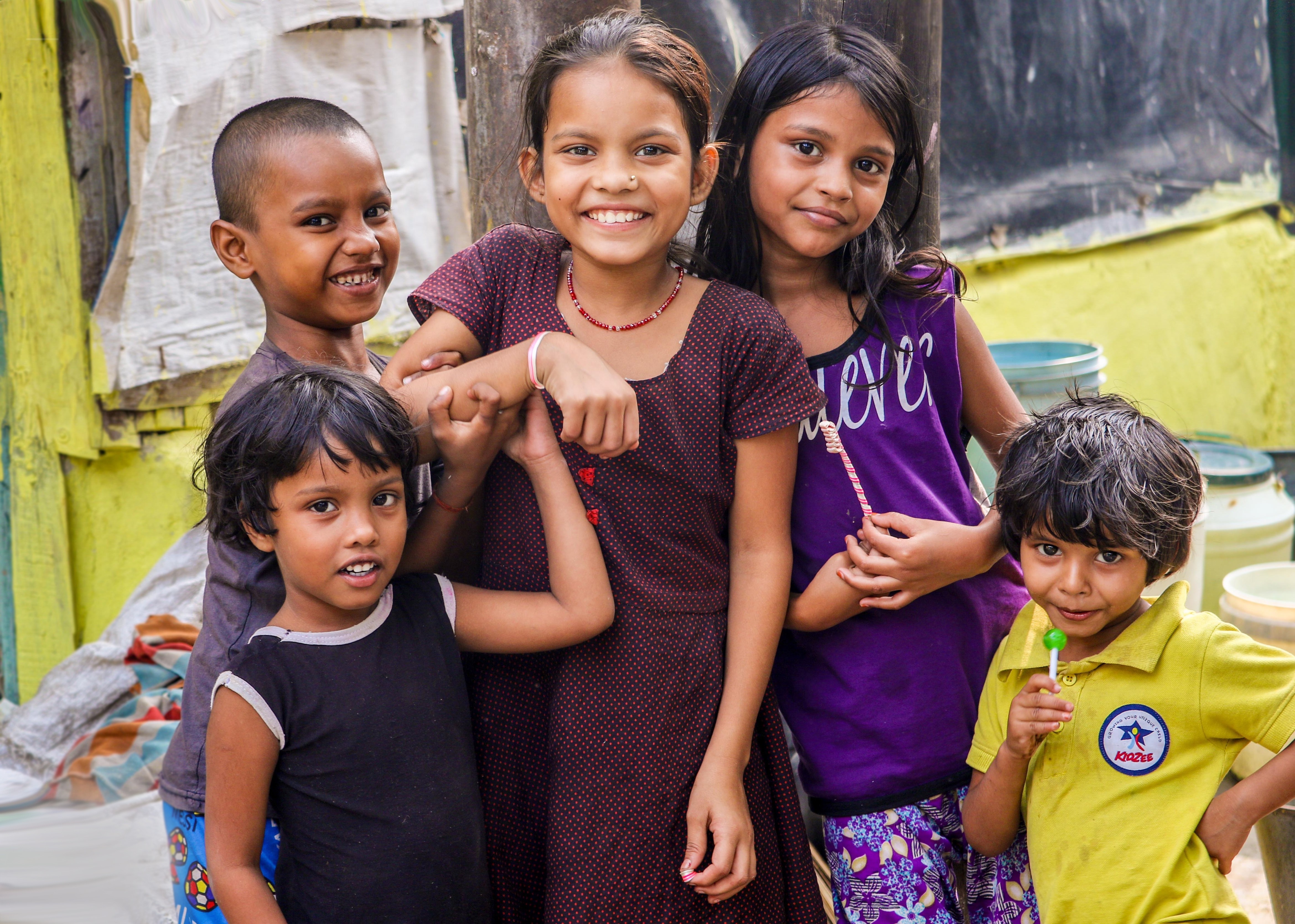Gender and Youth Associate Award (GAYA) Survey on Gender and Youth Integration
Are you interested in reflecting on your organization's internal capacity gaps for gender and youth integration?
Image

If you said yes, then GAYA's survey is for you.
The Gender and Youth Activity (GAYA) is launching a survey around knowledge, attitudes, and practices on gender and youth for BHA emergency and RFSA implementing partners (IPs). Unlike other surveys, this research focuses on the responses of BHA IPs themselves and will link to a real-time dashboard, so that IPs get a better sense of cross-cutting gender and youth gaps.
The survey is now live in English, French, Spanish, Arabic, and Bengali, with Oromo and Amharic coming soon.
Learn More about GAYA
The Gender and Youth Activity (GAYA) Associate Award works to improve the quality and impact of emergency and non-emergency food security and nutrition activities by addressing barriers and challenges implementing partners face when integrating gender and youth within their work. GAYA’s goal is to reinforce sustainable application of good practices and contribute to the body of evidence on effective integration of gender, youth, and other intersecting identities into food and nutrition security programming in emergency, early recovery, risk reduction, and resilience contexts.
Ask Questions about the Survey
If you have questions you can email gaya@mercycorps.org. The inbox is monitored by the GAYA Program Coordinator with support from the Technical Officer for Research and Learning. It is a channel of GAYA's Community Accountability Reporting Mechanisms (CARM). CARM have been developed in GAYA as part of Mercy Corps’ global commitment to accountability to affected populations and the prevention of all forms of exploitation and abuse. CARM is a channel for any and all community members to provide feedback, suggestions, complaints, and concerns, in a manner that is safe, confidential, transparent, and accessible, enabling Mercy Corps to respond and make any necessary programmatic or safeguarding adaptations and to ensure the safety and security of program participants.




